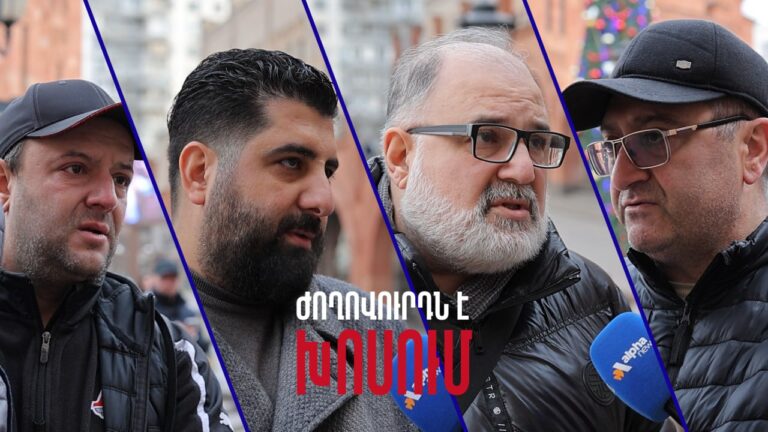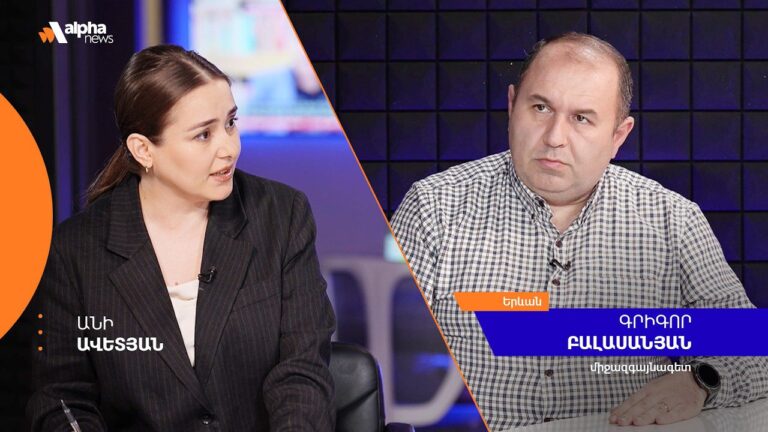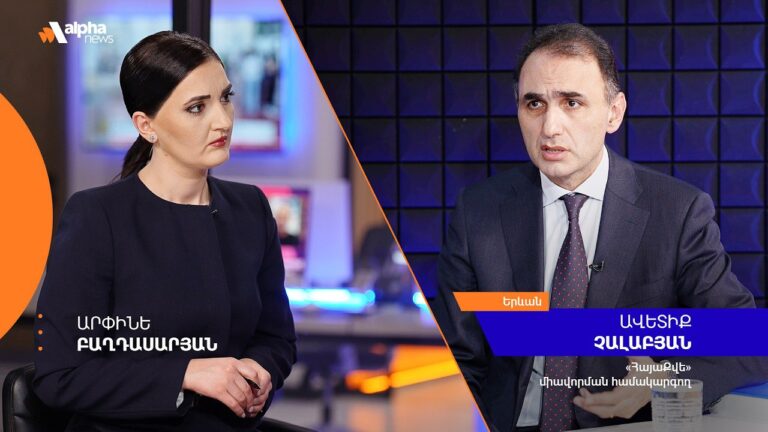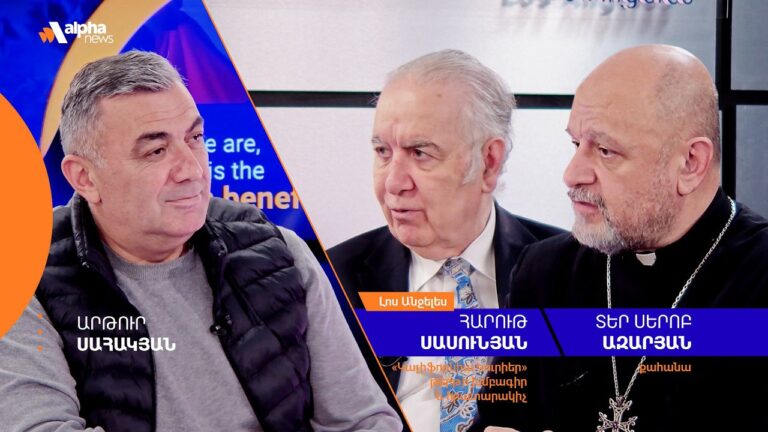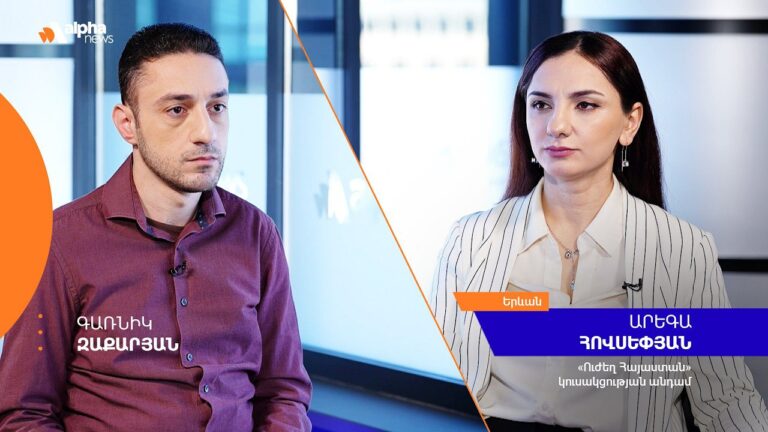What do Baku and Ankara see as an “antidote to Armenian revanchism”?
December 12 2023, 13:30
The authorities of Armenia and Azerbaijan continue to make statements about the possible signing of a “peace treaty” between the two countries. Let’s leave aside that Armenia and Azerbaijan have never officially been at war against each other, and therefore the document that may be signed in the future cannot be called a “peace treaty” from a legal or political point of view, and let’s focus on the difference in emphasis regarding this document, which is made by representatives of official Yerevan and Baku.
Armenian Security Council Secretary Armen Grigoryan reiterated over the weekend that Armenia is ready to sign a peace treaty with Azerbaijan by the end of December. Responding to the remark that Grigoryan himself had previously stated the need for international guarantees when signing an agreement with Azerbaijan, since it is difficult to rely on the statements of Azerbaijani President Ilham Aliyev, he said that negotiations could continue in different formats. Note that he did not say harshly and unequivocally that there could be no negotiations without mediators and guarantors of a “peace treaty” but replied vaguely that “the format of negotiations may be different,” which is another public concession to the demands of Azerbaijan and Turkey.
In turn, Azerbaijani President Ilham Aliyev, talking about the potential signing of a “peace treaty” between Yerevan and Baku, said that he expects Armenia to guarantee that there will be no attempts to take revenge for Karabakh.
“Azerbaijan does not want a war with Armenia, but it needs firm guarantees that there will be no ‘attempts of revanchism’ in Yerevan,” Aliyev said.
It would seem that Aliyev’s wording is not new, and similarly, he and many other Azerbaijani officials have repeatedly stated the same thing. Moreover, a number of Armenian experts rightly point out that the wording concerning “potential revanchism” may be included in the text of the peace treaty between Yerevan and Baku, which is also not new. But the situation has a number of nuances concerning both Yerevan’s actual readiness to negotiate with Baku without mediators and one of the latest statements by Turkish President Recep Tayyip Erdogan.
Commenting on the recent arms supplies by France to Armenia, the Turkish president stated that it was allegedly in the interests of Armenia itself to take advantage of the opportunity of “peace” and not fall into the trap of countries that mislead Armenia. “Peaceful relations with Azerbaijan are the best option for Armenia. Those who put weapons in Armenia’s hands are doing it a disservice,” the Turkish leader said.
What are Baku and Ankara trying to impose on Armenia, and what will be Pashinyan’s “last word” as a result of this process?
It will not be enough for Ankara and Baku to reflect “the absence of revanchist sentiments and plans in Armenia” in the “peace treaty.” Turkiye and Azerbaijan need legislative changes in Armenia itself. They require changing the foundation on which modern Armenian statehood, the Third Republic, is built. And earlier, the Azerbaijani Foreign Ministry had already spoken about this, making statements regarding the Declaration of Independence of Armenia, noting that it “reflects territorial claims against other states.”
We are talking about Paragraph 11 of the Declaration, which reads: “The Republic of Armenia stands for international recognition of the Armenian Genocide of 1915 in Ottoman Turkiye and Western Armenia.” Baku and Ankara will demand from Armenia constitutional reforms that may lead to the rejection of the current Declaration of Independence.
And Pashinyan has already announced such reforms this year, when on August 23, in his message on the occasion of the adoption of the Declaration of Independence of Armenia, he stated that “the Declaration needs a deep analysis,” stressing that “until there is peace, the ghost of the USSR will hover in our sky, in the sky of our region.”
But Baku and Ankara do not obviously want to limit themselves to “writing a Constitution and a Declaration of Independence for Armenia.” Based on Erdogan’s words noted above, they also want to control issues related to the Armenian army, such as questions about the quantity and quality of weapons. And even this is not a maximum program, in this case… In other words, Aliyev and Erdogan impose complete and unconditional surrender on Armenia, and taking into account their cynicism, the cynicism of our “Western partners,” and most importantly, the readiness of the Pashinyan government to meet all the demands of Armenia’s aggressive neighbors, Baku and Ankara can be the guarantors of Armenia’s peaceful existence within the framework of the “peace treaty”. Can anyone doubt the realism of this scenario after October 6, 2022, when Pashinyan recognized Artsakh as part of Azerbaijan in Prague, and after that, the Artsakh statehood was dissolved? Can anyone doubt the realism of this scenario after Pashinyan declares that “the process of dissolution of the Republic of Artsakh was inevitable”? Does anyone doubt that, by analogy with the statement about the inevitability of the collapse of the Republic of Artsakh, “tomorrow” Pashinyan can declare that “the process of dissolution of the Republic of Armenia was inevitable,” since the international community has long decided so, and the “velvet power” in 2018 received a heavy legacy from the former leaders, and the dissolution of the Republic of Armenia opens up huge opportunities for peaceful life for us? Think about the above. Also, think about the fact that after the “Prague conspiracy,” Artsakh was able to hold out for less than a year. But how long will Armenia be able to hold out after the “Granada conspiracy” in October this year? The delay of political changes in Armenia is fraught with much more terrible consequences than many might think….

